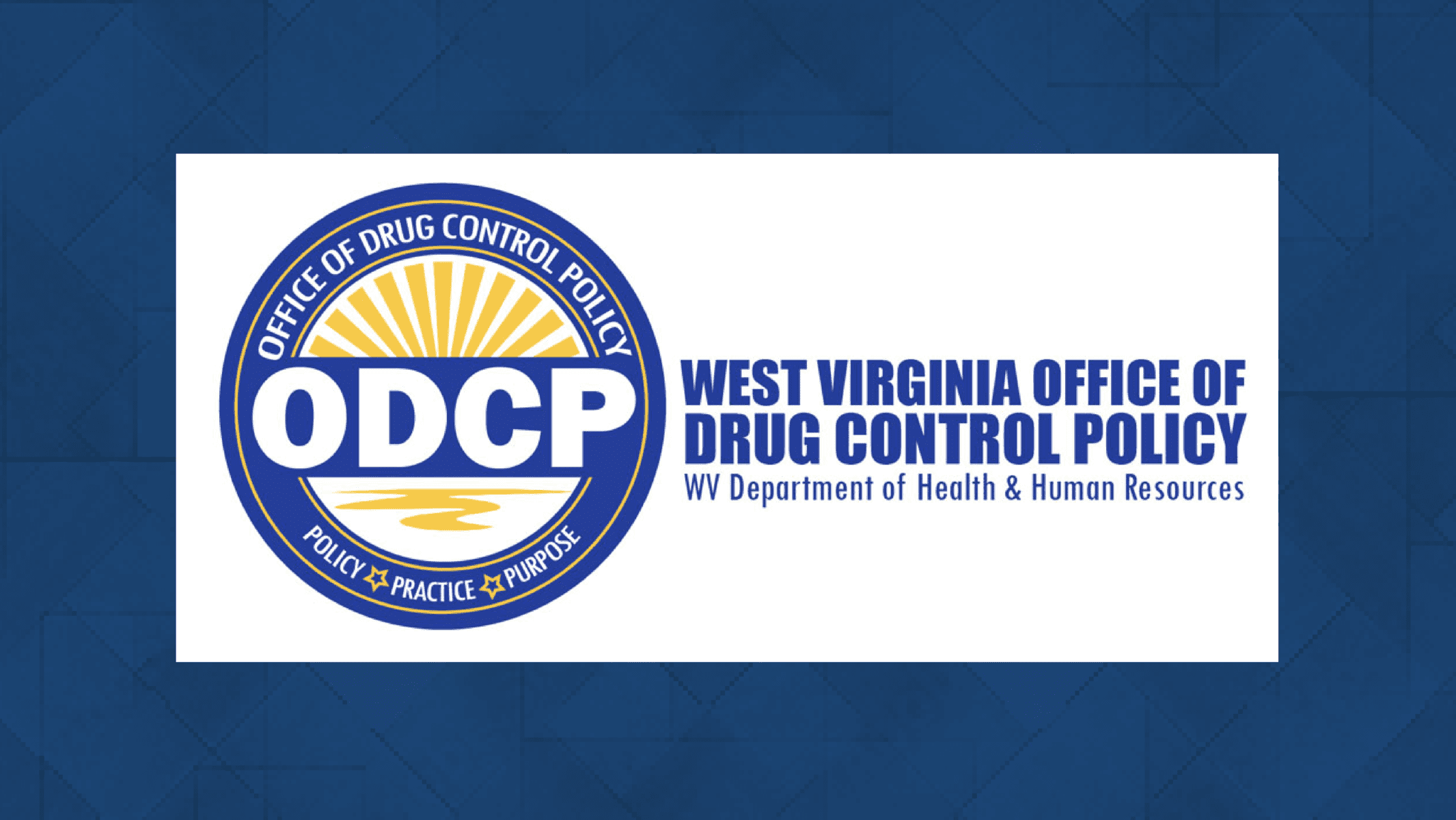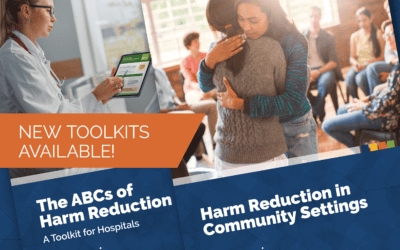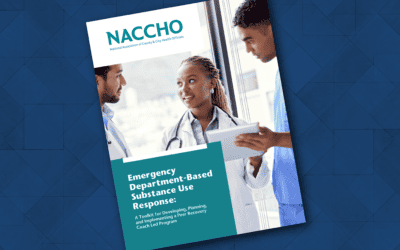The West Virginia Department of Health and Human Resources (DHHR), Office of Drug Control Policy (ODCP) is excited to be partnering with Mosaic Group, Marshall University School of Medicine, and West Virginia University School of Public Health to bring Mosaic Group’s proven ‘Reverse the Cycle’ (RTC) Comprehensive Emergency Department Substance Use Response Program to 10 hospitals across the state by the end of 2020. Mosaic Group, a national health care consulting agency based in Baltimore, Maryland, developed the RTC model in 2013 to address the burgeoning substance use disorder (SUD) epidemic and its impact on hospitals.
Few hospital emergency departments (EDs) are equipped to respond to the influx of patients struggling with SUD, particularly as the pandemic has driven up overdoses across the state and country. In 2018, there were approximately 21.2 million individuals nationally requiring substance use treatment, yet only 1.4% received help. In West Virginia, we continue to see overdoses and overdose-related fatalities rise, calling for a greater number of initiatives to meet the needs of those who have been left underserved.
Recognizing that EDs tend to a variety of health care concerns and medical conditions, Mosaic Group has sought to “close the gap” by designing a program that can better detect individuals suffering from SUD who might otherwise slip under the radar. According to Marla Oros, Founder of Mosaic Group, “ ‘Reverse the Cycle’ focuses on universal screening of all patients that present to a hospital emergency department which allows the hospital to identify many more patients that need help in addition to just the obvious overdoses and intoxications.”
RTC integrates the hospital Screening, Brief Intervention and Referral to Treatment (SBIRT) model; the Opioid Overdose Survivors Outreach Program (OSOP); and the Medication-Assisted Treatment (MAT) Initiation in the ED program, each of which rely heavily on a team of peer recovery coaches (PRCs). The following descriptions offer a brief summary of these three components.
- SBIRT: All ED patients are screened for high-risk alcohol, illicit drug and prescription drug misuse. Brief motivational, interviewing-based interventions provided by PRCs precede highly facilitated referrals to treatment for motivated patients.
- OSOP: Provides intensive, community-based recovery support and harm reduction for ED patients surviving an opioid overdose, with the goal of preventing subsequent overdoses and linking as many patients as possible to lifesaving substance abuse treatment.
- MAT Initiation in the ED: ED patients screening positive for opioid use are provided a brief intervention per the above SBIRT protocol. Those that are motivated for and agree to treatment are referred to the ED clinical team triggering the new MAT Initiation protocol. Patients meeting clinical criteria are provided one initial dose of buprenorphine in the ED, and PRCs support patients in being “fast-tracked” to a network of community-based MAT providers that partner with the hospital for same day or next day continued MAT.
RTC has been successfully implemented in 49 hospitals across the country, including two in West Virginia (Mon Health Medical Center and Stonewall Jackson Memorial Hospital) that were launched as part of Mosaic Group’s own Centers for Disease Control and Prevention (CDC) grant. The present initiative is being funded by a CDC grant, Overdose Data to Action, that was awarded to the DHHR’s Bureau for Public Health. Mosaic Group is partnering with Marshall University School of Medicine to implement the program in five hospitals in the southern region of the state and WVU School of Public Health to implement in five hospitals in the northern region (see below for complete list).
Despite unforeseen delays during the early months of the pandemic, Mosaic Group was able to continue to interface with community behavioral health center partners to understand their organizations and has been in West Virginia on site since early June working directly with the hospitals and other community partners to develop protocols, recruit peers and enlist community treatment provider participation in the new Treatment Resource Directories that will be used by PRCs in making referrals.
Within the local community, Mosaic Group will be working with each hospital to integrate the three components of RTC and with community behavioral health center partners to hire teams of PRCs. Additionally, Mosaic Group will coordinate with each hospital and behavioral health center partner in a three-month planning phase to understand the unique set of workflows and staffing at each hospital; develop corresponding protocols; integrate screening and documentation of interventions into the hospital’s EMR; and participate in the recruitment and selection of PRCs. After launch, Mosaic Group will continue to provide six months of on-site support to ensure effective program integration, protocol adherence and training opportunities.
The Mosaic Group, Marshall University School of Medicine, and WVU School of Public Health will continue to collaborate with DHHR to identify additional hospitals and behavioral health centers across West Virginia as potential candidates for the project under Year 2 Overdose Data to Action funding.
Marshall University School of Medicine, in conjunction with WVU School of Public Health and Mosaic Group are pleased to be working with community providers and hospitals across the state meeting persons with substance use disorder and to offer options for recovery. Together, we will be working to standardize the level of care provided, and to improve the overall outcomes for those who choose recovery.
To learn more about this collaboration, please contact Teresa Marks, Director of the Division of Infant, Child, and Adolescent Health, Bureau for Public Health at [email protected].
Northern Region:
- Wheeling Hospital partnered with Northside Health Systems
- Camden Clark Medical Center partnered with Westbrook Health
- United Hospital Center partnered with United Summit Center
- Grant Memorial Hospital partnered with Potomac Highlands Guild
- Potomac Valley Hospital partnered with Potomac Highlands Guild
Southern Region:
- Welch Community Hospital partnered with Southern Highlands
- Raleigh General Hospital partnered with FMRS Health Systems
- Saint Mary’s Medical Center partnered with Marshall Health
- Cabell Huntington Hospital partnered with Recovery Point
- Plateau Medical Center partnered with Marshall Health



